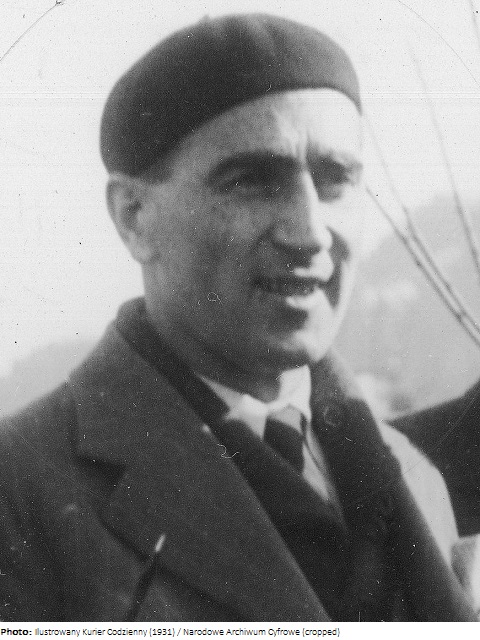Born in Canada, Harry “Moose” Watson’s early life was spent in England, and it was not until he returned to his native country that he began to learn how to play ice hockey as a left winger. In his junior days, he played with the Whitby Athletics beginning in 1913, then St. Andrews College starting in 1915, both of the Ontario Hockey Association. His first senior level team was the Toronto Aura Lee, with whom he played one season in 1916-1917 before joining the Canadian Flying Corps and serving for over a year in Europe during World War I. After a one-game spell with the Toronto Dentals he was made the star player of the newly-formed Toronto Granites and played with them from 1919 through 1923, celebrating two Allan Cup victories. It was when the Granites were sent to the 1924 Winter Olympics, however, that Watson truly earned his fame: he scored 37 goals in a total of five matches, an Olympic record that is likely never to be challenged, much less broken. Needless to say, Canada won the gold medal in the ice hockey tournament that year and National Hockey League teams rushed to sign members of the Toronto Granites.
Despite being offered vast sums of money for the time, including $10,000 from the Toronto St. Pats and $30,000 from the Montreal Maroons, Watson always refused to go professional. Although he ostensibly retired after the Olympics, he did played sporadically with the Parkdale Canoe Club from 1924 through 1927, two games with the Toronto Marlboros during the 1927-1928 season, and three with the Toronto Nationals from 1929 through 1932. He also coached the Toronto National Sea Fleas in 1930 and 1931, and refereed for several OHA games during the 1931 playoffs. In his final year with the Nationals, he coached the team to an Allan Cup victory. He died in 1957 and was inducted into the Hockey Hall of Fame in 1962 and the International Ice Hockey Hall of Fame in 1998.

 Canada
Canada CAN
CAN